Conservation Programs for Africanis Dogs in Their Native Regions
In this comprehensive article, we delve into the crucial conservation programs dedicated to Africanis dogs in their native regions. The Africanis breed, known for its unique characteristics and historical significance, requires targeted efforts to ensure its preservation and protection. As we discuss these conservation programs, we aim to provide a detailed overview of the initiatives in place, the challenges faced, and the positive impact they’ve had on sustaining the Africanis population.
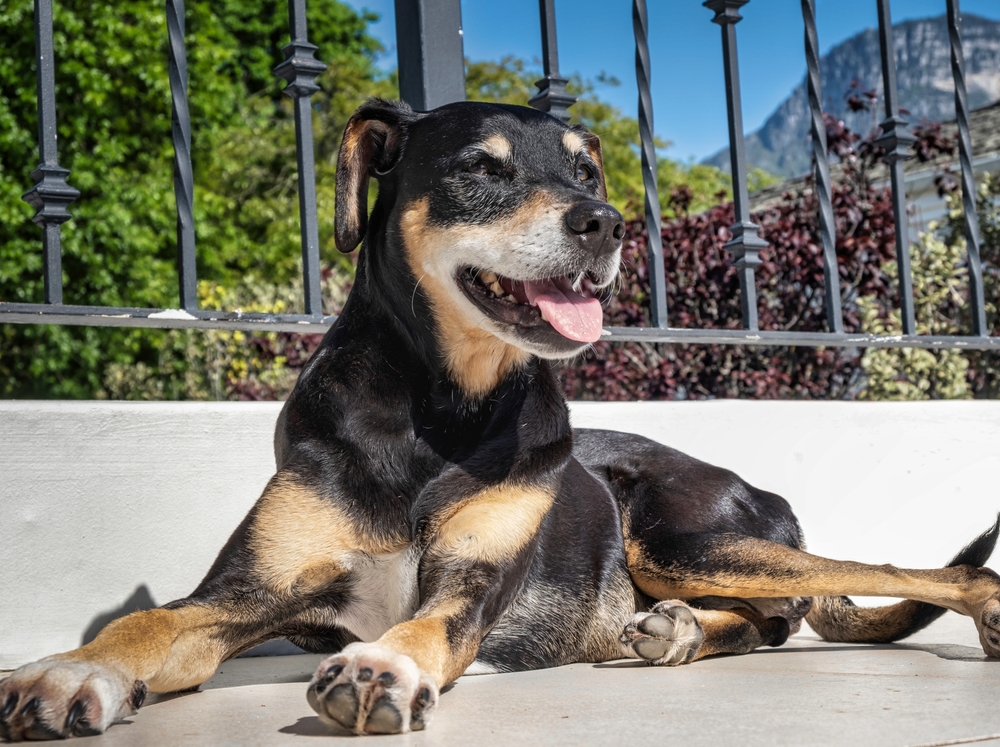
What is Africanis?
Before we explore the conservation efforts, it’s essential to understand what Africanis dogs are and why they hold such importance in their native regions. The Africanis breed hails from various African countries, and they are considered indigenous dogs. Known for their intelligence, agility, and adaptability, Africanis dogs have been companions and working partners for local communities for centuries.

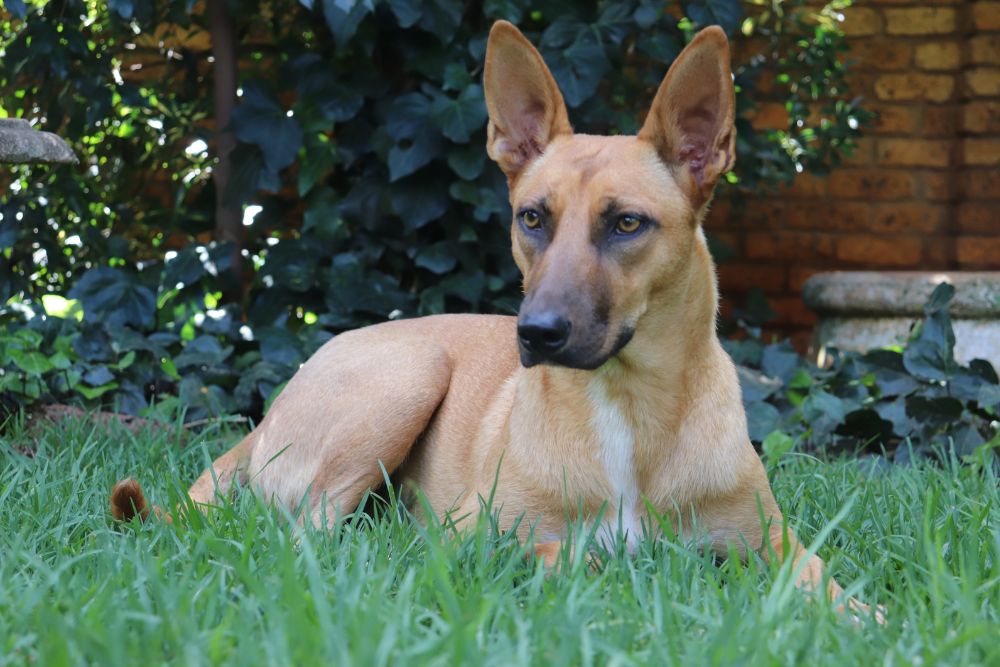
The Need for Conservation
The conservation of Africanis dogs is critical due to various factors that threaten their existence. Urbanization, loss of natural habitats, and interbreeding with other breeds are some of the significant challenges faced by these dogs in their native regions. Additionally, lack of awareness about the breed’s cultural and historical significance contributes to their vulnerability.
Conservation Programs in Action
1. Africanis Sanctuaries and Reserves
One of the primary initiatives in Africanis dog conservation is the establishment of sanctuaries and reserves dedicated to their protection. These areas serve as safe havens for the breed, allowing them to thrive in their natural habitats without the risk of urban encroachment or endangerment.
2. Breeding and Genetic Diversity
Conservation programs often focus on maintaining the breed’s genetic diversity to preserve their unique characteristics. Responsible breeding practices, genetic mapping, and the establishment of breeding centers help ensure that Africanis dogs remain true to their heritage and avoid harmful genetic traits.
3. Community Education and Involvement
Engaging local communities in the conservation efforts is vital for the long-term sustainability of Africanis dogs. By promoting awareness about the breed’s importance and their role in preserving it, these programs foster a sense of responsibility and ownership among the residents, leading to increased involvement in the conservation process.
4. Wildlife Corridors and Connectivity
Creating wildlife corridors and promoting connectivity between different habitats aids Africanis dogs in freely moving across their native regions. This enables healthy breeding patterns, reduces human-wildlife conflicts, and enhances overall biodiversity.
5. Anti-Poaching and Anti-Trafficking Initiatives
Sadly, Africanis dogs often fall victim to illegal poaching and trafficking. To combat this threat, dedicated anti-poaching and anti-trafficking initiatives are put in place to safeguard these precious animals from exploitation and trade.
6. Research and Monitoring
Continuous research and monitoring are essential to gauge the progress of conservation efforts and identify potential challenges. Scientific studies help adapt strategies as needed, ensuring the most effective conservation practices are employed.
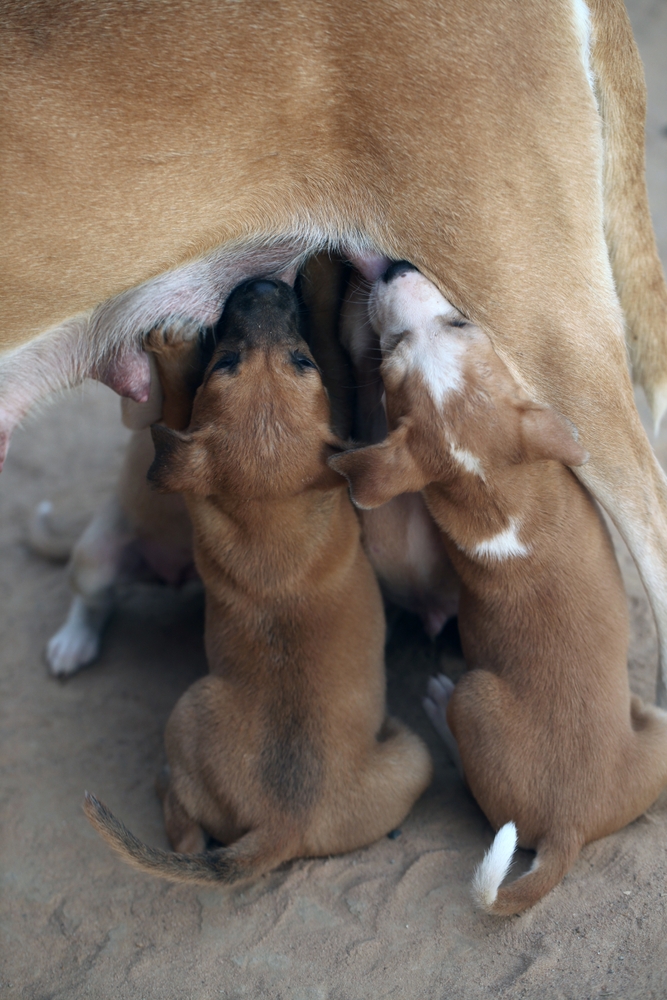
Success Stories
Several successful conservation stories highlight the positive impact of these programs on Africanis dogs:
-
In Namibia, the “Africanis Protection Initiative” has resulted in a notable increase in the population of Africanis dogs in designated reserves.
-
South Africa’s “Africanis Heritage Foundation” has been pivotal in raising awareness and celebrating the breed’s cultural significance, garnering widespread support.
-
Tanzania’s “Community Guardianship Program” has empowered local communities to actively participate in the conservation of Africanis dogs, strengthening their bond with the breed.
Challenges Ahead
While progress has been made, challenges persist in the conservation of Africanis dogs:
-
The expansion of urban areas continues to encroach upon natural habitats, threatening the breed’s survival.
-
Climate change poses unpredictable challenges, impacting the ecosystems on which Africanis dogs depend.
-
Lack of funding and resources limits the scale and scope of conservation initiatives.
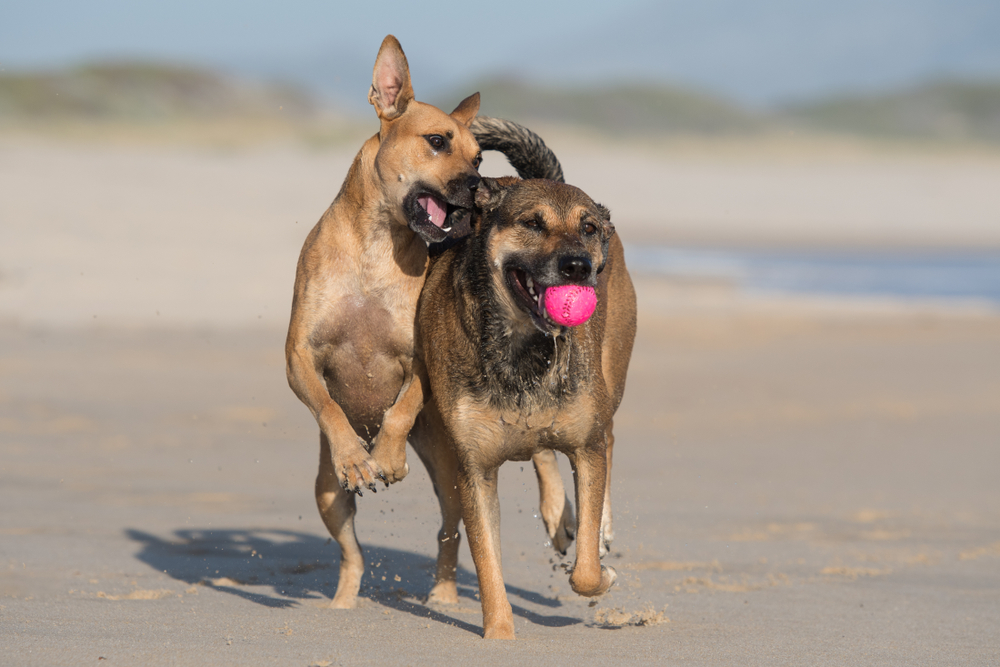
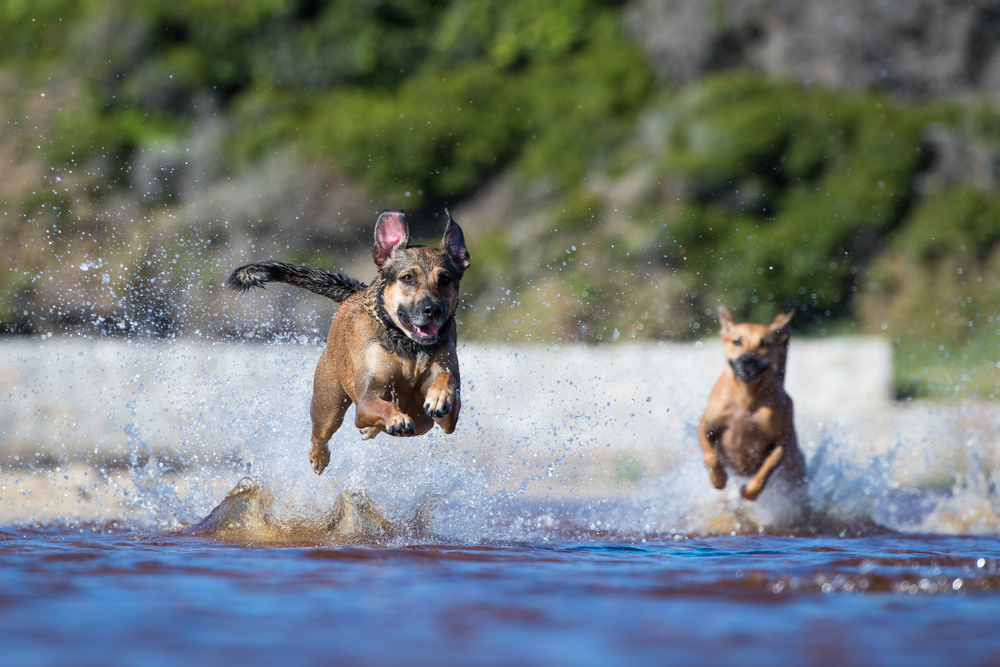
Conservation Programs for Africanis Dogs in Their Native Regions
The conservation of Africanis dogs in their native regions is of utmost importance to preserve their unique heritage and ecological significance. Through sanctuaries, responsible breeding, community involvement, and continuous research, we can secure the future of these remarkable indigenous dogs.